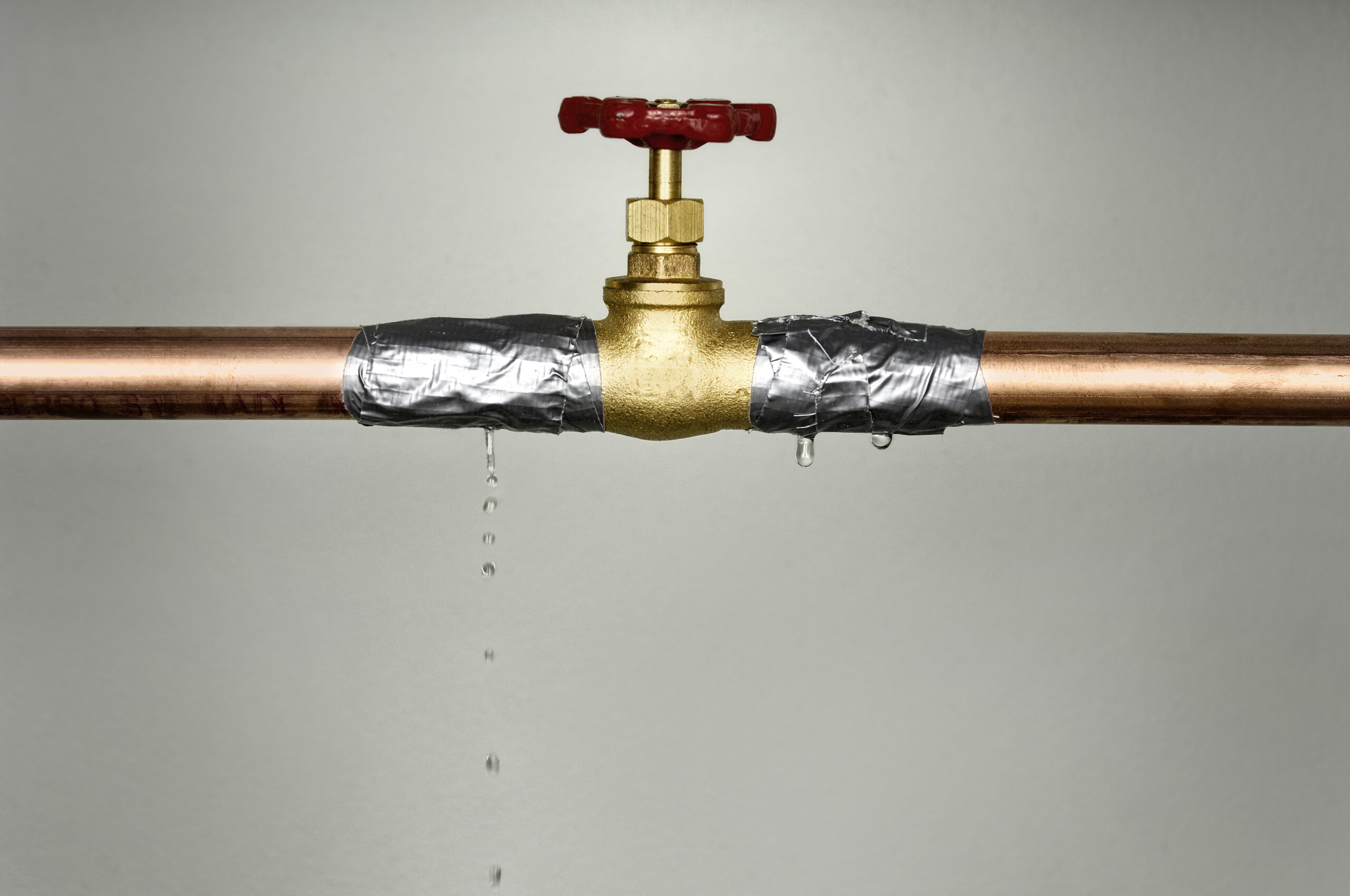Water management is an increasingly critical issue in today’s world, with industries such as agriculture, manufacturing, and utilities facing mounting challenges stemming from water scarcity, stringent regulatory requirements, and the need for sustainable resource use. In this context, implementing real-time monitoring solutions, like those provided by Qualified Controls, can transform how businesses approach water management, offering a data-driven foundation for optimizing water usage and ensuring environmental compliance. In this article, we will explore the numerous benefits of incorporating real-time monitoring systems into water management practices, highlighting applications in areas such as irrigation management, wastewater treatment, and industrial water consumption.
Leveraging state-of-the-art IoT sensors and advanced analytics software, real-time monitoring systems can capture a wealth of data related to water quality, consumption, and environmental conditions, providing stakeholders with up-to-date, accurate information to guide informed decision-making. With this data at their fingertips, businesses can proactively address water management challenges, reduce operational costs, and contribute to a more sustainable future.
Ready to revolutionize your business’s water management practices and secure a competitive edge in a resource-constrained world? Let’s get started.
Enhancing Irrigation Management: Driving Efficiency and Sustainability in Agriculture
In the agricultural sector, effective irrigation management is vital to conserving water resources, boosting crop yields, and ensuring long-term sustainability. Real-time monitoring systems can play a significant role in optimizing irrigation practices, offering key advantages, such as:
1. Precision Irrigation: Real-time monitoring data on soil moisture, weather conditions, and crop health can inform precision irrigation strategies, delivering the right amount of water at the right time and place, maximizing crop yield, and minimizing water waste.
2. Adaptive Scheduling: Continuous monitoring systems can enable adaptive irrigation scheduling, allowing farmers to adjust watering plans in response to changing environmental conditions and crop needs, enhancing water use efficiency.
3. Early Detection of Issues: Real-time monitoring can help identify potential issues, such as leaks, burst pipes, or irrigation system malfunctions, facilitating prompt corrective actions to limit water waste and potential crop damage.
Streamlining Wastewater Treatment: Ensuring Compliance and Minimizing Environmental Impact
Real-time monitoring technologies can revolutionize wastewater treatment processes in both municipal and industrial settings, helping maintain regulatory compliance, minimize environmental impact, and reduce operational costs. Key benefits of incorporating real-time monitoring solutions in wastewater treatment include:
1. Process Optimization: Real-time data on water quality parameters, such as pH, conductivity, and nutrient levels, can assist in optimizing wastewater treatment processes and maximizing treatment efficiency.
2. Regulatory Compliance: Continuous monitoring of water quality and treatment performance can simplify record-keeping and reporting requirements, ensuring compliance with increasingly stringent wastewater regulations.
3. Quick Issue Resolution: Real-time monitoring systems can detect emerging water quality issues or equipment malfunctions, facilitating timely interventions to prevent non-compliant discharge events, and avoid potential regulatory penalties.
Reducing Industrial Water Consumption: Promoting Sustainable Business Practices
In many industries, water is a critical input for manufacturing processes and cooling systems. Implementing real-time monitoring solutions can enable businesses to reduce their water consumption and embrace more sustainable practices significantly. Key advantages of real-time monitoring in industrial water management include:
1. Minimizing Water Waste: Real-time data on water consumption patterns can reveal inefficiencies in industrial processes, enabling targeted water-saving initiatives and reducing overall water demand.
2. Leak Detection: Continuous monitoring can help quickly detect water leaks or system malfunctions, preventing waste and potential damage to equipment or facilities.
3. Water Recycling and Reuse: Real-time monitoring systems can facilitate water recycling and reuse strategies, capturing and repurposing water from industrial processes, reducing the need for freshwater inputs and promoting closed-loop water management.
Building a Robust, Scalable, and Secure Real-Time Monitoring Solution
To harness the full potential of real-time monitoring in water management, selecting the right monitoring system is crucial. Key factors to consider when choosing a real-time monitoring solution for water management applications include:
1. Sensor Accuracy and Reliability: Ensure that the chosen real-time monitoring solution utilizes high-quality sensors capable of providing accurate and reliable data on water quality and consumption parameters.
2. System Scalability: Choose a monitoring system with a scalable architecture, allowing for seamless expansion and integration of additional water management applications or monitoring parameters over time.
3. User-Friendly Interface and Reporting: Select a real-time monitoring solution that offers a user-friendly interface providing comprehensive data visualization and customizable reporting tools to facilitate informed decision-making.
Conclusion
In a world facing increasing water scarcity and rising pressures to achieve sustainable resource use, real-time monitoring solutions emerge as a powerful tool for addressing water management challenges across diverse sectors. By providing timely, accurate data on water quality, consumption, and environmental conditions, businesses and organizations can adopt proactive, data-driven water management strategies that contribute to long-term sustainability and competitiveness.
Whether you are seeking to optimize irrigation practices in agriculture, streamline wastewater treatment processes, or reduce industrial water consumption, real-time monitoring solutions from Qualified Controls can help you transform your water management practices and pave the way to a more sustainable future. Contact our team of experts at Qualified Controls today to discover how our next-generation real-time monitoring suite can support your water management goals, safeguard precious water resources and help you thrive in a resource-constrained world.



